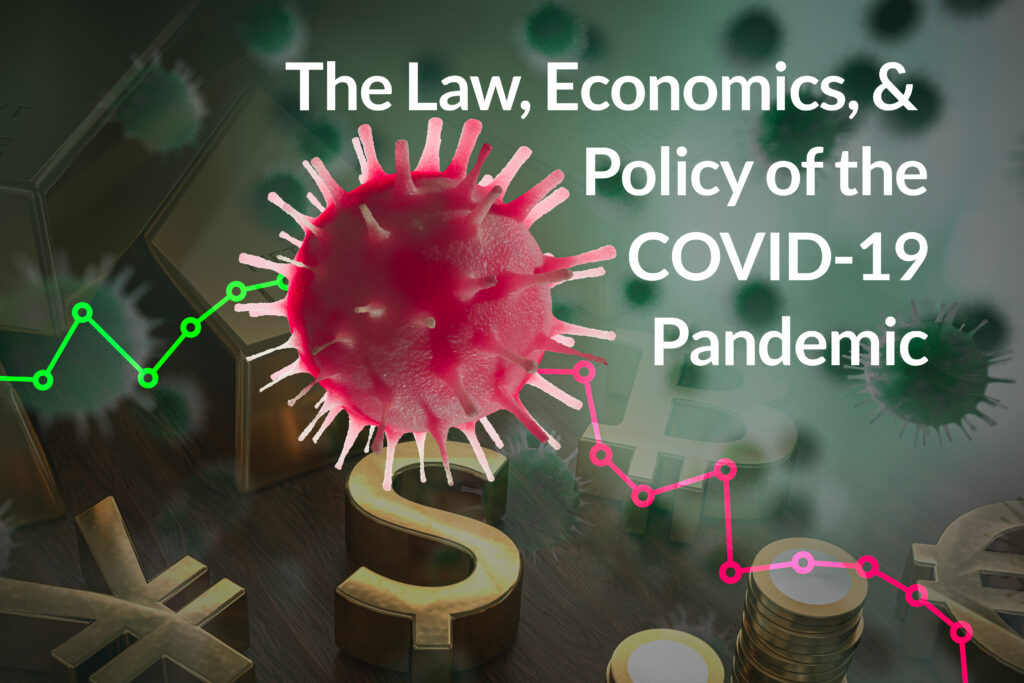In an earlier TOTM post, we argued as the economy emerges from the COVID-19 crisis, perhaps the best policy would allow properly motivated firms and households to themselves balance the benefits, costs, and risks of transitioning to “business as usual.”
Sometimes, however, well meaning government policies disrupt the balance and realign motivations.
Our post contrasted firms who determined they could remain open by undertaking mitigation efforts with those who determined they could not safely remain open. One of these latter firms was Portland-based ChefStable, which operates more than 20 restaurants and bars. Kurt Huffman, the owner of ChefStable, shut down all the company’s properties one day before the Oregon governor issued her “Stay home, stay safe” order.
An unintended consequence
In a recent Wall Street Journal op-ed, Mr. Huffman reports his business was able to shift to carryout and delivery, which ended up being more successful than anticipated. So successful, in fact, that he needed to bring back some of the laid-off employees. That’s when he ran into one of the stimulus package’s unintended—but not unanticipated—consequences of providing federal-level payments on top of existing state-level guarantees:
We started making the calls last week, just as our furloughed employees began receiving weekly Federal Pandemic Unemployment Compensation checks of $600 under the Cares Act. When we asked our employees to come back, almost all said, “No thanks.” If they return to work, they’ll have to take a pay cut.
***
But as of this week, that same employee receives $1,016 a week, or $376 more than he made as a full time employee. Why on earth would he want to come back to work?
Mr. Huffman’s not alone. NPR reports on a Kentucky coffee shop owner who faces the same difficulty keeping her employees at work:
“The very people we hired have now asked us to be laid off,” Marietta wrote in a blog post. “Not because they did not like their jobs or because they did not want to work, but because it would cost them literally hundreds of dollars per week to be employed.”
With the federal government now offering $600 a week on top of the state’s unemployment benefits, she recognized her former employees could make more money staying home than they did on the job.
Or, a fully intended consequence
The NPR piece indicates the Trump administration opted for the relatively straightforward (if not simplistic) unemployment payments as a way to get the money to unemployed workers as quickly as possible.
On the other hand, maybe the unemployment premium was not an unintended consequence. Perhaps, there was some intention.
If the purpose of the stay-at-home orders is to “flatten the curve” and slow the spread of the coronavirus, then it can be argued the purpose of the stimulus spending is to mitigate some of the economic costs.
If this is the case, it can also be argued that the unemployment premium paid by the federal government was designed to encourage people to stay at home and delay returning to work. In fact, it may be more effective than a bunch of loophole laden employment regulations that would require an army of enforcers.
Mr. Huffman seems confident his employees will be ready to return to work in August, when the premium runs out. John Cochrane, however, is not so confident, writing on his blog, “Hint to Mr. Huffman: I would not bet too much that this deadline is not extended.”
With the administration’s state-by-state phased re-opening of the economy, the unemployment premium payments could be tweaked so only residents in states in Phase 1 or 2 would be eligible to receive the premium payments.
Of course, this tweak would unleash its own unintended consequences. In particular, it would encourage some states to slow walk the re-opening of their economies as a way to extract more federal money for their residents. My wild guess: The slow walking states will be the same states who have been most affected by the state and local tax deductibility provisions in the Tax Cuts and Jobs Act.
As with all government policies, the unemployment provisions in the COVID-19 stimulus raise the age old question: If a policy generates unintended consequences that are not unanticipated, can those consequences really be unintended?

